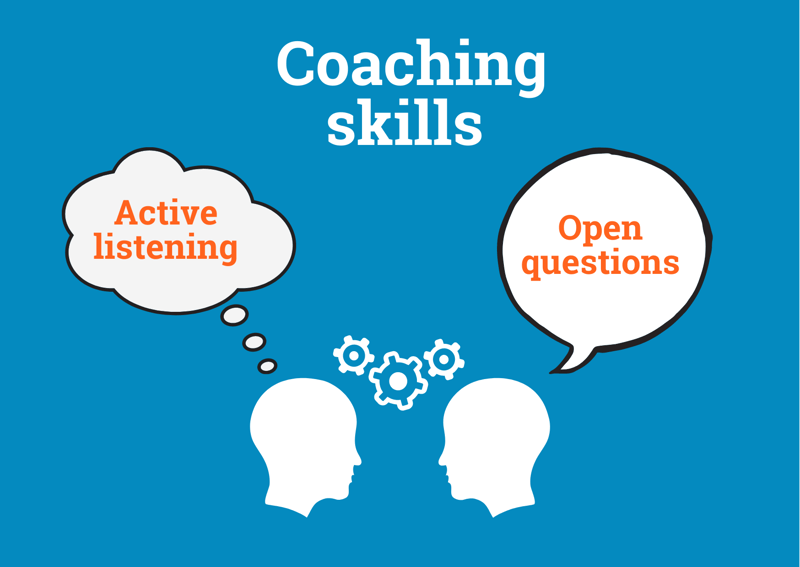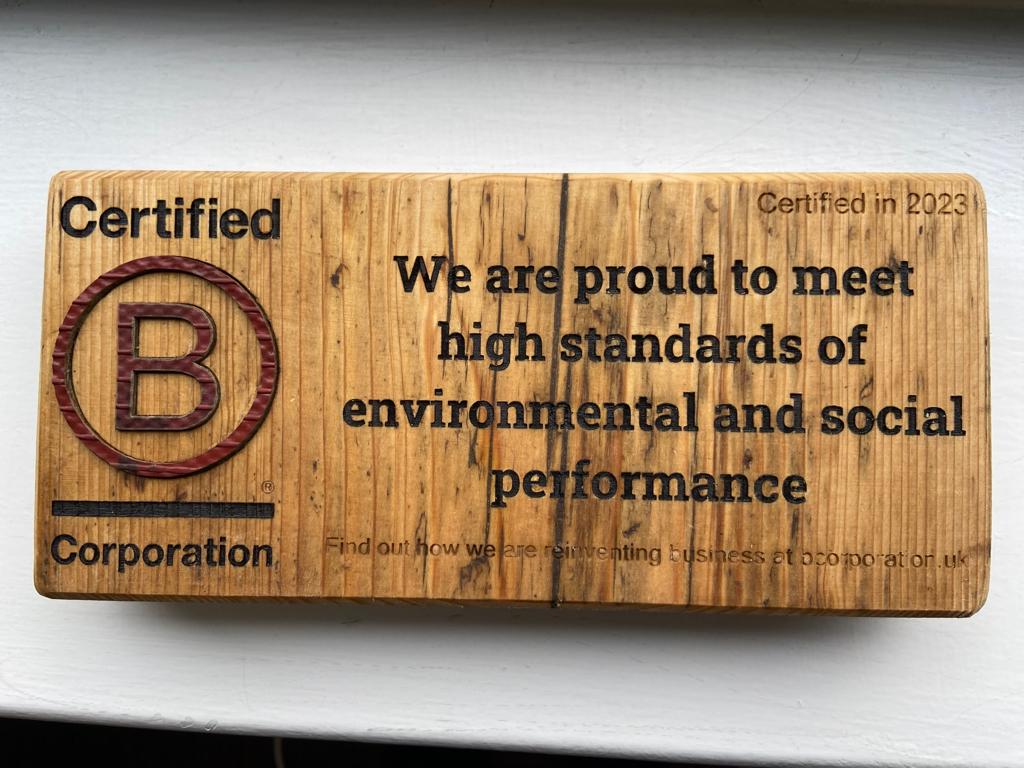The ‘Leader as a Coach’ is an approach that we encourage in our in-person and online programs, courses and modules and it is an expression that describes a leader who encourages people ‘to be the best that they can be’.
Research carried out by Google confirmed that the number one quality a great manager / leader should have is the ability to coach their team with coaching defined by Sir John Whitmore, the pioneer of coaching in the workplace as:
“Unlocking a person’s potential to maximize their own performance...
helping them to learn rather than teaching them.”
Managers who find themselves fielding questions from their team members throughout the day often think that it is quicker to simply give them the answer. However, all that happens is that you get more questions the next day. Those in leadership positions are often promoted to that role due to their technical expertise, and yet Google’s original research in 2008 found that these same technical skills were the least important of the eight behaviours needed to effectively lead people.
If you’re looking to develop or improve your coaching skills, here are three ways that you can become a better coach:
1. Know when to coach and when to direct
Where an individual has no or limited experience of the particular task, they will need more direction about how to approach the task. However, where someone has a higher level of skill and experience on a specific task, they will require less direction and can assume a greater amount of responsibility for decision making. It can be tempting to step in and 'help' to solve issues when they arise. However, this simply creates a dependency and team members are not given an opportunity to develop their own critical thinking and problem solving skills. They will constantly defer to their manager rather than taking steps to address problems and challenges themselves.
By considering the individual, the task or situation and their ability / experience to complete that task, you can then identify the appropriate style of leadership required to help them to successfully achieve their objective(s). Coaching is the appropriate style when they have necessary skills and yet something is affecting their ability to complete the task or where you want to support them to develop their skills further.
2. Listen more
Listening is the process of understanding what we hear, and by actively listening to others we can analyse and process what we are hearing whilst also looking out for body language and other non-verbal cues. Active listening helps us to build trust by demonstrating to the other person that we are genuinely interested in what they have to say.
Listening requires concentration and focus so set aside distractions as despite what some may claim, it is virtually impossible to effectively multitask. Don’t interrupt, allow the other person to speak but if you don’t understand something or need to clarify, then ask them to explain it to you again.
Listen to understand, meaning that you should listen to what they are saying without trying to offer advice, judgement or solutions.
3. Ask open questions
Leaders who are perceived as excellent coaches ask open questions which demonstrate that they are listening and are keen to learn more. Open-ended questions provide a powerful tool to allow the coach to build and develop problem solving skills in their team members rather than simply giving them the answers.
Open questions are used to gather information and encourage others to speak and share their thoughts. They start with words such as ‘Why’, ‘Which’ ‘How’ as opposed to closed questions which lead only to a ‘yes’ or ‘no’ response. Open questions allow us to gain greater insight and can provide an opportunity for team members to take the lead in problem solving, learning and innovation.
Using open questions can help team members to identify solutions themselves by working out what is going well, what is not going so well, exploring possible opens and then determining what steps they can take to help them to achieve their objective(s).

By developing these skills, you can guide your team members and give them the confidence to solve the issues themselves. Set clear and realistic goals, have regular reviews, ask open questions, challenge, encourage and support when necessary.
On our leadership development programs, delegates are encouraged to develop, practise, and hone their coaching skills through 1-2-1 and action learning sessions, which they can then use in their own organisations to powerful effect as Andy Hextall, Director at NMBS explains:
“I have delegated work to teams who are now doing tasks and are confident enough to answer questions without referring back to me or interrupting my day - showing that I am not needed to support them as much as I thought or they thought. This has given me more time to explore the strategic matters that I should be working on to help drive and grow the business.”
Similarly, Jo Bewley, Partner at BPE Solicitors found that,
“From being more aware of the impact of my behaviour on the team to the approach regarding discussions to be had, coaching has improved this by me being able to create a situation where team members are thinking for themselves rather than me just giving an answer, and they have the confidence to step in and take control of situations.”
If you would like to find out how we help our delegates to improve their coaching skills on our leadership and management programs, please get in touch with Jo Draper or Stewart Barnes.
Applications are open for our next LEAD™ program for senior leaders, starting in April 2022 and our next LEADlight program for future leaders - middle managers and supervisors - which starts in March 2022.
Keep up-to-date on the latest leadership and management tips by signing up to our weekly blog here




